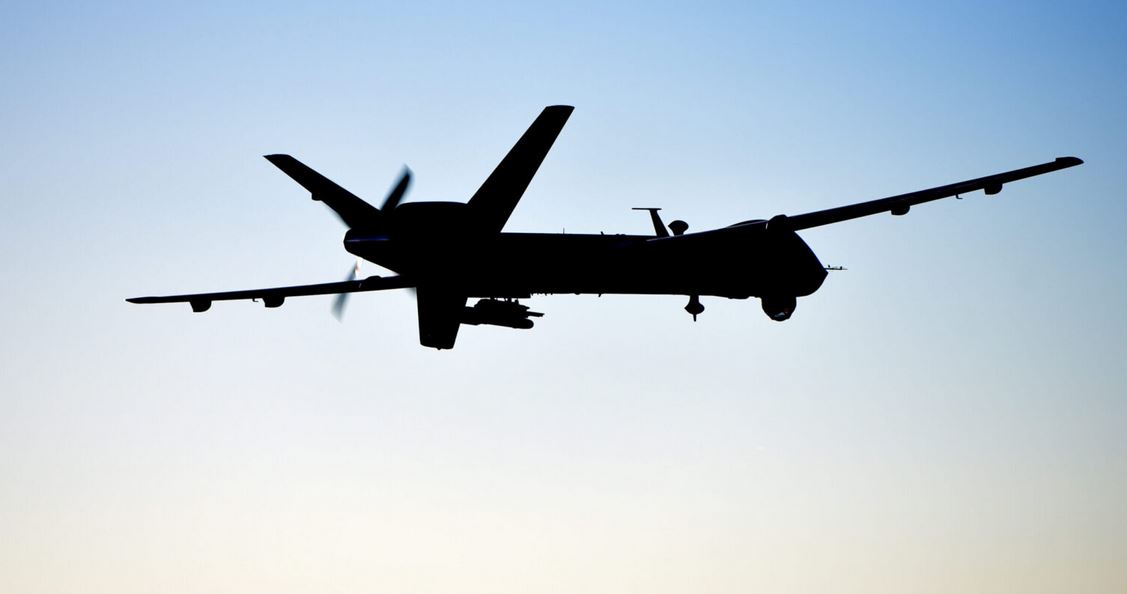Armed Drone Incidents Highlight Ongoing Tensions in Syria

Ongoing tensions escalate in Syria as U.S. shoots down Turkish Armed Drone, highlighting concerns about conflict between allies (Photo: mei.edu)
Rising Tensions and the Role of Armed Drones in U.S.-Turkish Relations in Syria
According to washingtonexaminer.com, Syria, despite being technically a state, remains far from sovereign and continues to grapple with foreign involvement, even thirteen years after the onset of its civil war. Various countries, including Israel, the United States, Russia, Jordan, and Turkey, have established a presence in the region, leading to potential clashes among them, despite being treaty allies in some cases.
Recently, the U.S. had to shoot down an armed drone of Turkish origin as it approached American positions in Syria, sparking concerns about the ongoing tensions. While U.S. and Turkish officials aim to manage these incidents, this isn’t the first time their forces have come into conflict.
In previous instances, such as artillery fire on U.S. positions in Kobane in 2019 and an attempted armed drone strike against the commander of U.S.-partnered Syrian Democratic Forces in 2021, tensions flared. The recent armed drone shoot-down raised questions about whether these communication and deconfliction protocols are genuinely improved.
READ ALSO: Russian Ambassador to the US Criticizes Expulsion of Diplomats by Washington
Evaluating the Risk-Benefit Balance: U.S. Ground Presence in Syria and the Armed Drone Threat
As long as U.S. forces are stationed in Syria particularly in the Kurdish-dominated northeast, they face the ongoing threat of clashes including being targeted by Turkey’s airstrike using armed drone. These incidents underscore the differing U.S. and Turkish perspectives on terrorism especially concerning Kurdish factions.
It is imperative for U.S. officials to assess whether the advantages of preserving a ground presence in Syria for counterterrorism purposes outweigh the potential conflicts with a treaty ally involving armed drone.
READ ALSO: Russia Nuclear Missiles Sparks Global Concern, Putin’s Warning on ‘Storm Petrel’ Capabilities
























